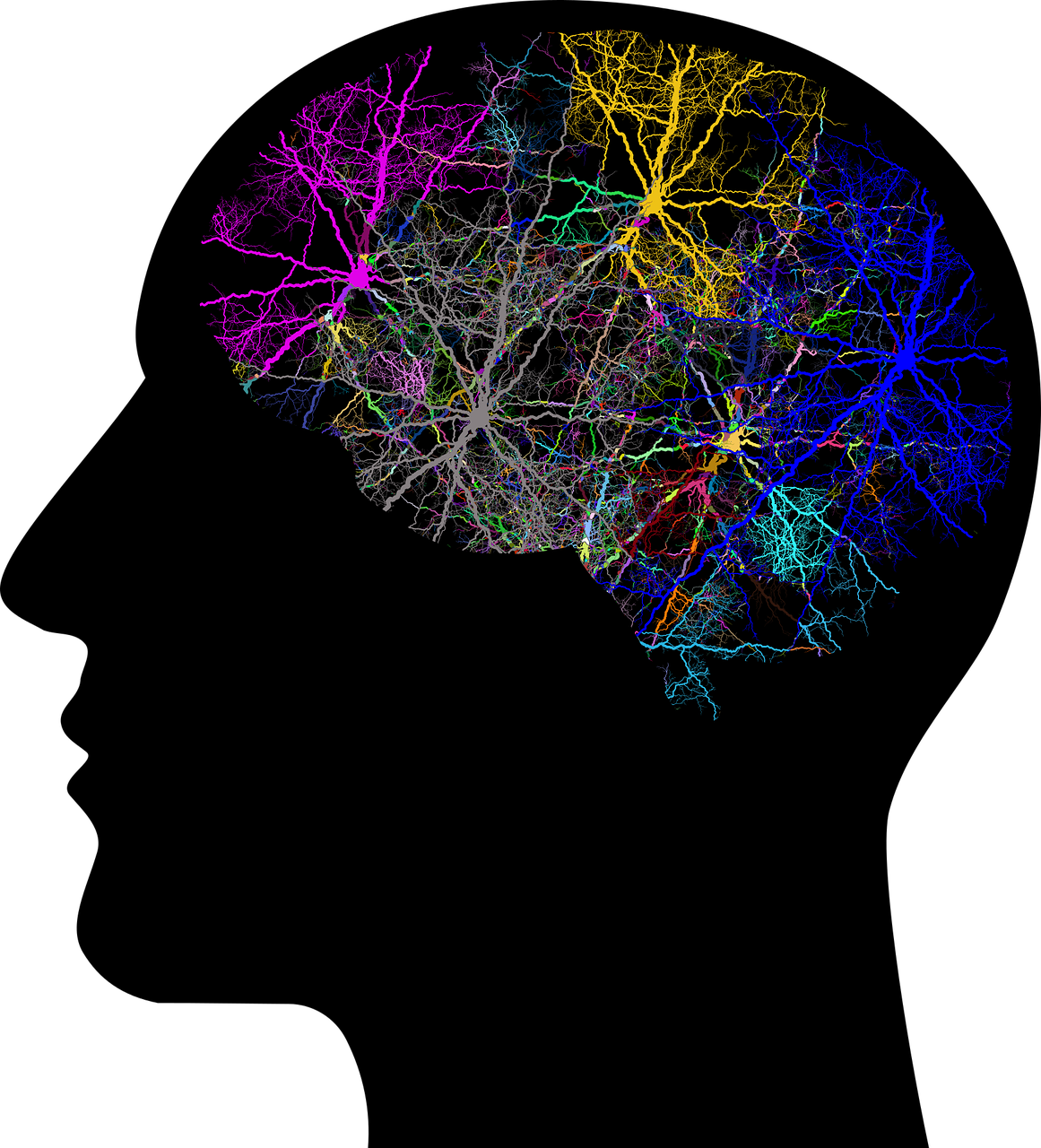By: Madison Boissiere, Undergraduate Student in Food Science and Human Nutrition at the University of Illinois Urbana-Champaign
Forgetfulness can happen at any age. You may walk into a room and forget what you needed, or maybe you forgot where you put your keys. It happens to the best of us, but memory loss in our older years is not inevitable. According to Harvard Health Publishing, memory loss associated with elderly people is caused by organic disorders, brain injuries, or neurological illness.¹
How Memory and Thinking Changes with Age
It used to be a common belief that cognitive abilities were at their highest in early years, level off in your twenties and through your middle ages, and then gradually decline throughout your older years. Recent research now shows that this is not the case.
The brain is constantly changing and its functions can both decline and improve at any point in our lifespan. The hippocampus, for example, shrinks as we age.² This can affect our ability to store information into our memory or retrieve information that is already stored. At the same time, the branching of our dendrites improves as we get older, meaning we are able to comprehend and piece together a diverse set of information in order to form a bigger picture.² The good news is that you have a lot more power over your brain health than you might have thought.
How Can I Improve my Brain Health
Studies have shown that these staple habits help to reduce the risk of dementia and cognitive decline as well as boost overall health:
- Exercising Regularly: Engage in cardiovascular exercise that increases blood flow to the brain and body. In turn, this provides nourishment that will decrease dementia risk factors such as diabetes, high blood pressure, and high cholesterol.³ Consider taking up physical activities that you enjoy and will continue to partake in. Activities such as taking a swimming class or taking a stroll with a friend are great ways to engage both your mental and physical health.
- Improving Your Diet: Good nutrition will fuel your body and your mind and minimize your risk of cognitive impairment. People who follow the Mediterranean diet and the DASH diet are less likely to develop dementia or cognitive diseases.⁴
- Stimulating Your Brain: According to the Alzheimer’s Association, having mentally stimulating hobbies, as well as a mentally stimulating job, can help your memory and cognitive abilities.⁵ Learning new skills such as playing a new instrument, taking a class, or learning a new language are also great ways to keep your mind active.
- Getting Enough Sleep: Sleeping is one of the best things you can do to keep your brain healthy. A lack of sleep can cause you to experience hindered learning, impaired cognitive ability, and a slow reaction time. Make sure you are getting at least 7 to 9 hours of sleep to keep your brain happy and healthy.
- Socializing Often: Finding ways to engage in social activities can be a great way to support your brain functions, especially if you live alone. This can mean joining a choir, volunteering around your community, or simply just catching up with friends and family.
It’s never too early or too late to take control of your brain health. Gradually incorporating these habits into your life can make a world of difference for your body and your mind.
References
- Harvard University. “7 Ways to Keep Your Memory Sharp at Any Age.” Harvard Health Publishing,www.health.harvard.edu/healthbeat/7-ways-to-keep-your-memory-sharp-at-any-age
- Harvard University. “How Memory and Thinking Ability Change with Age.” Harvard Health Publishing, www.health.harvard.edu/mind-and-mood/how-memory-and-thinking-ability-change-with-age.
- Robinson, Lawrence, et al. “The Mental Health Benefits of Exercise.” HelpGuide.org, June 2019, www.helpguide.org/articles/healthy-living/the-mental-health-benefits-of-exercise.htm.
- Graff-Radford, Jonathan. “Can a Mediterranean Diet Lower the Risk of Alzheimer’s.” Mayo Clinic, Mayo Foundation for Medical Education and Research, 20 Apr. 2019, www.mayoclinic.org/diseases-conditions/alzheimers-disease/expert-answers/alzheimers-disease/faq-20058062.
- Alzheimer’s Association. “Stay Mentally and Socially Active.” Alzheimer’s Disease and Dementia, www.alz.org/help-support/brain_health/stay_mentally_and_socially_active.















